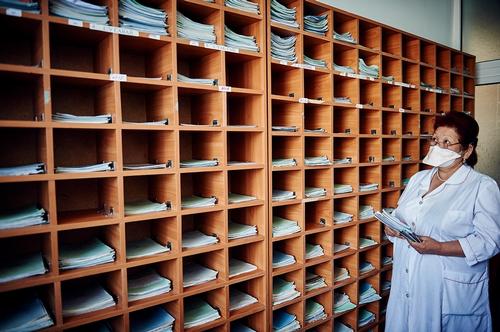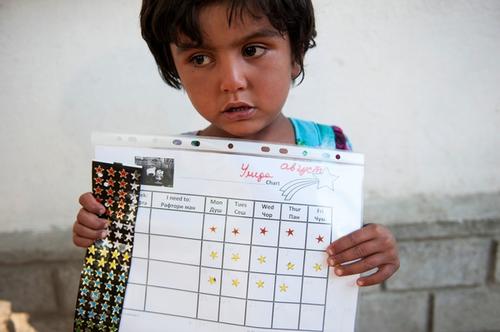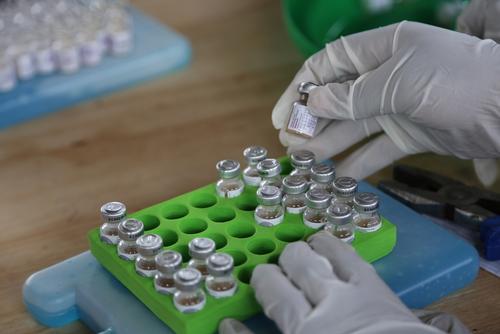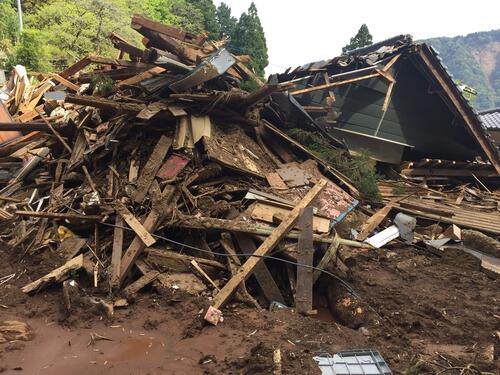Geneva – Médecins Sans Frontières (MSF) today expressed great concern at the high price announced for the new tuberculosis (TB) drug delamanid. Japanese pharmaceutical company Otsuka said that it would make delamanid available to some developing countries at a price of US$1,700 per treatment course. Delamanid is one of only two new drugs to treat TB to become available in the last half a century, and is effective against the deadliest strains of tuberculosis that are resistant to many of the other drugs used to treat TB, including multidrug-resistant and extensively drug-resistant TB.
Delamanid needs to be taken with several other drugs to effectively treat drug-resistant TB (DR-TB); the regimens, without delamanid, already cost between $1,000 – $4,500 per treatment course at the lowest prices available to developing countries, which is unaffordable for governments. To help with widespread scale up of DR-TB treatment, MSF is advocating for a target price of $500 per treatment course for drug-resistant TB.
Countries that are eligible for funding from the Global Fund to Fight AIDS, Tuberculosis and Malaria (GFATM) will be able to purchase delamanid for $1,700 per treatment course through the Global Drug Facility (GDF), a UN-based procurement mechanism for TB drugs, as long as the drug is registered for use in their country or the necessary import waivers have been put in place.
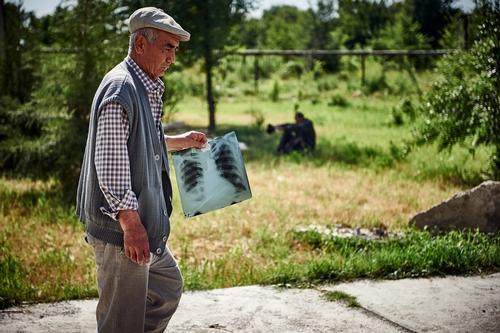
To date, Otsuka has registered delamanid in only four countries (Germany, Japan, South Korea, and the United Kingdom), none of which has a high burden of DR-TB. The company should register delamanid in high DR-TB burden countries and in countries where clinical trials for the drug took place.
“Countries should start scaling up treatment for more people with drug-resistant TB using the most effective drugs available, but delamanid is neither affordable nor available in most countries today”, said Dr. Grania Brigden, TB Advisor for MSF’s Access Campaign. “The price for delamanid needs to come down to an affordable level, and Otsuka should also register delamanid quickly in all countries where the drug has been tested in clinical trials, as well as in countries with the highest burdens of drug-resistant TB. If people can’t access delamanid, this promising new drug will be effectively worthless.”
It is estimated that up to two thirds of the nearly half a million people who acquire drug-resistant TB each year could benefit from delamanid; however, in the two years since the drug was approved, only 180 people have received this new treatment.
“Otsuka should prioritize expanding access for people whose lives could be saved by delamanid”, said Dr. Brigden. “Every effort should be made to ensure as many people as possible can benefit from this promising new treatment, but that’s unfortunately not what we’re seeing today.”
MSF has been involved in tuberculosis (TB) care for 30 years, and in treating multidrug-resistant TB since 1999. MSF is now one of the largest NGO treatment providers for drug-resistant TB. In 2014, the organisation treated over 23,000 patients with TB, including 1,800 patients with drug-resistant TB. MSF aims to scale up the use of delamanid in its programs, and in December 2015 accepted a donation of delamanid for use in MSF programmed and endTB partnership projects.
DR-TB drug regimen prices are from the forthcoming MSF publication, DR-TB Drugs Under the Microscope, 4th Edition, to be published in March 2016.



